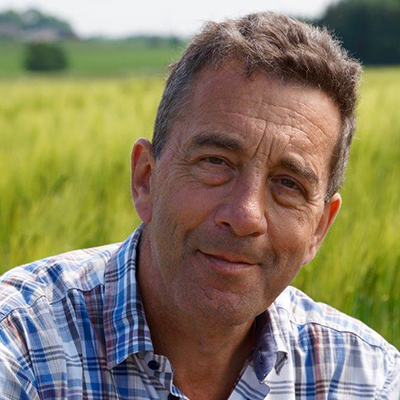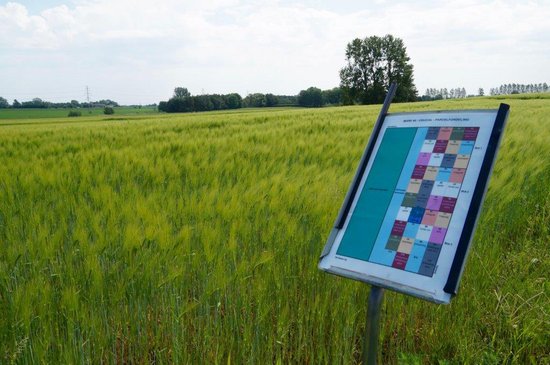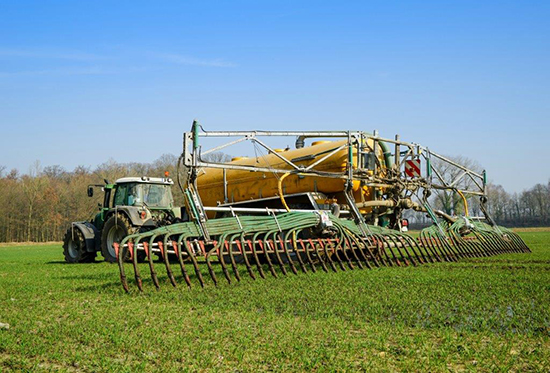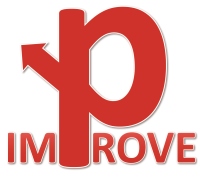Video: Urban waste products as P-fertilizer – an option for organic agriculture
The scepticism towards agricultural use of urban waste is based on results from experiments carried out around and after the Second World War. Highly contaminated biosolids from sewage sludge originating from London and the Ruhr area have been used at the time. Researchers from the University of Copenhagen have now shown that the quality of sewage sludge has improved a lot since then.

There is an urgent need to improve the recycling of phosphorus (P) from urban areas and the food industry, back to cropland. Biosolids from sewage treatment are recognized as an important P-source. Composted household waste has also proven valuable as a fertiliser and for maintaining and improving soil fertility. However, these urban waste products have a bad reputation for their content of potentially toxic elements such as heavy metals. But sewage sludge and composts have improved in quality during the last half century. That’s why researchers from the University of Copenhagen have established a field trial in 2003.
In the so-called CRUCIAL-trial located near Copenhagen they applied considerable amounts of urban wastes (human urine, biosolids from sewage treatment, and composted household waste) each year to assess the long-term risks for plant and soil.
In this video, Jakob Magid explains the setup of the trial and summarizes the main results. “To use contemporary urban waste products for supplementary fertilization should be reconsidered by the organic sector”, he says. The results from the CRUCIAL-trial have been integrated into a comprehensive risk assessment study carried out within the Improve-P project.

In the CRUCIAL trial, long-term risks of urban wastes are assessed since 2003.
(Photo: Alfoeldi)

The quality of sewage sludge and composts has improved the last half century.
(Picture: fotolia)
Contact:
Jakob Magid
Plant and Soil Science, Department of Plant and Environmental Sciences,
Faculty of Science, University of Copenhagen, Thorvaldsensvej 40, Frederiksberg DK-1871 Denmark
Email jma@plen.ku.dk
